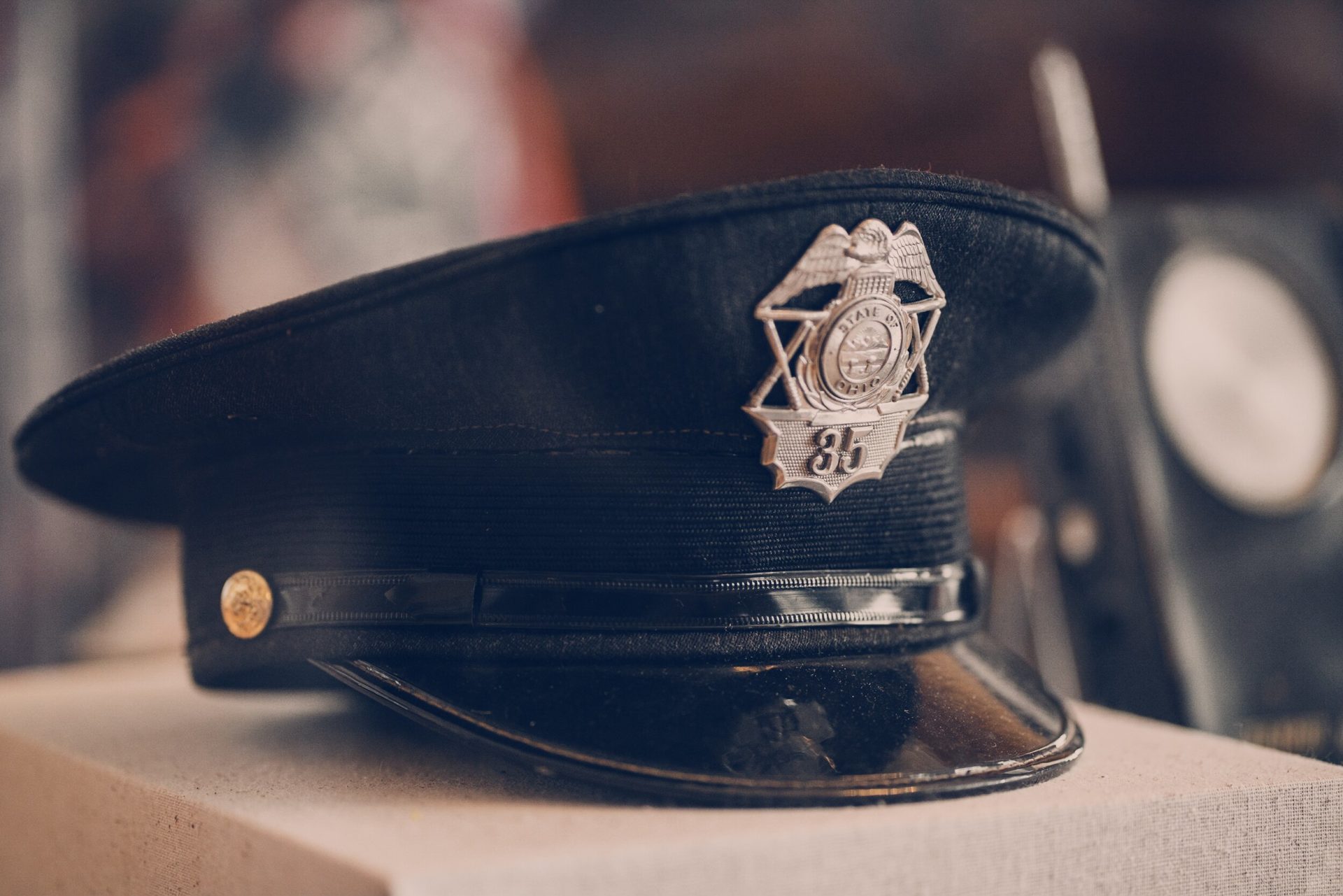
If you go to the National Law Enforcement Memorial in Washington D.C. you will find the engraving, “It is not how these officers died that made them heroes, it is how they lived.”
Less than a mile away from this Memorial is the United States Capitol and on January 6th the world got to see a live stream of how our law enforcement officers protected our seat of democracy. By all accounts the events at the Capitol were violent, and much of that violence was directed at Capitol police officers who were called to duty that day. In the aftermath, officers were injured, and officers died. Some were lauded as heroes who suffered injuries or died in the “line of duty.” Others were brushed aside and shunned because their injuries or deaths weren’t considered in the “line of duty.”
The difference between being seen as a hero and being an outcast is which part of the body is wounded and what effects that injury has on the body. If an officer is injured from hand-to-hand combat with a suspect, they are celebrated. Mental injuries don’t have the same reception even though there is overwhelming evidence that exposure to traumatic stress and violence can cause changes to the way our brain works. These changes can increase anxiety, depression, and suicidal ideation.
In the months following the events on January 6th, four Capitol Police Officers have died by suicide. We know they faced violence that could cause acute traumatic stress. Compounding this stress is the fact that several politicians continue to downplay or outright deny the events that took place that day. There is also the society-wide criticism of law enforcement that preexisted January 6th – and the vitriolic rhetoric on the Internet that comes with it.
As the Chief Executive Officer at First H.E.L.P., a nonprofit aimed at reducing the stigma around mental health for first responders, I’m certainly not under the illusion that the job is the only reason an officer may be under distress. Finances, substance abuse, relationships troubles, and societal issues are just a few of the variables that could lead an individual down a path toward mental health issues or even suicide.
However, the job doesn’t usually help any of these situations. MPD Officer Jeffrey Smith, one of the four officers that died by suicide, was struck in the head with a metal pole while defending the Capitol. “He survived those injuries, but they would ultimately lead to his death,” his widow wrote in an op-ed for USA Today.
Unlike the military, most law enforcement agencies do not consider suicide death in the “line of duty,” and generally, the law explicitly forbids that designation. As such, they not only receive far fewer financial benefits but also are deprived of the dignity of their service. Smith’s widow has petitioned the Police and Firefighters’ Retirement and Relief Board to grant her husband a line-of-duty designation, but the law is stacked against her.
Law enforcement leaders, support organizations, unions, individual officers, and society are now faced with what amounts to a moral dilemma as we consider the deaths of US Capitol Police Officers. Does an officer’s service make them a hero, or is it the manner of their death?
If we choose service, then all officers should be treated equally, including those who take their own life while wearing the badge. If we choose the manner of death, then the same level of scrutiny must be given to an officer who doesn’t exercise, drinks alcohol, uses nicotine, and dies of a heart attack eating at a fast-food restaurant on duty. If suicide is considered a voluntary choice that is not job-related, then all other poor lifestyle choices that contribute to death must be considered voluntary as well.
To judge a police officer by the manner in which they died is a terrible standard – both practically and ethically. We know that law enforcement officers across the country are dealing with cumulative stress as a function of their job. As such, we must accept that their mental state – even a suicide – directly correlates to the work they do in the line of duty and must be treated that way. To brush off that reality not only denies our heroes the recognition they deserve but also feeds into a toxic culture that contributes to all manner of bad outcomes.
The Capitol police officers who died are part of 89 officers who died by suicide so far this year, according to our data at Blue H.E.L.P. To us, all these heroes died in the line of duty, and they should be treated as such.






